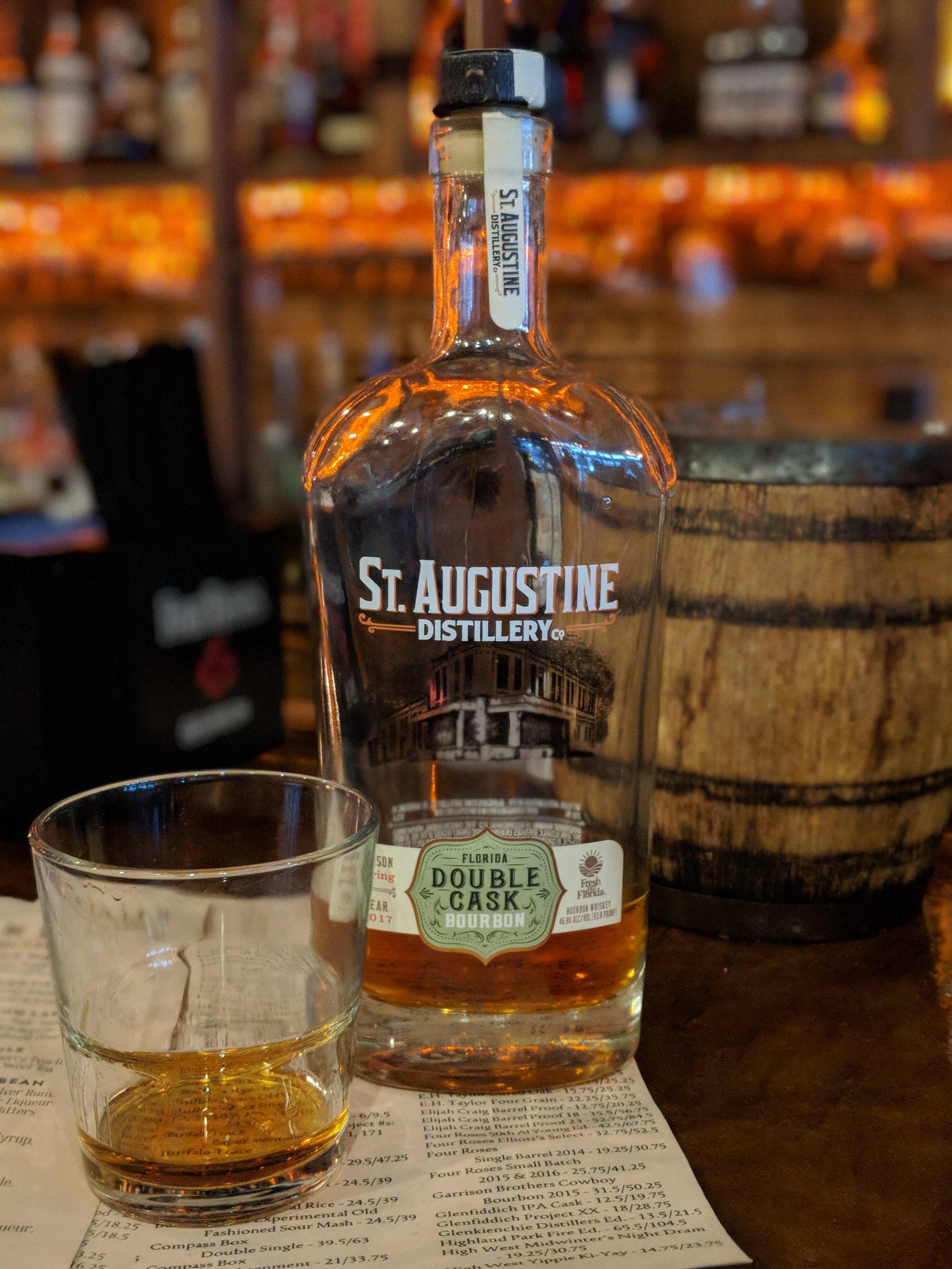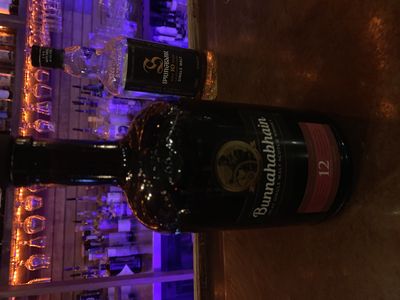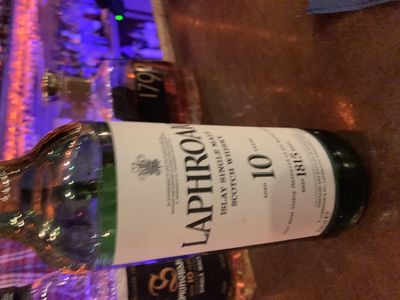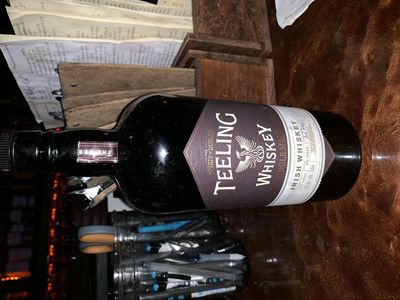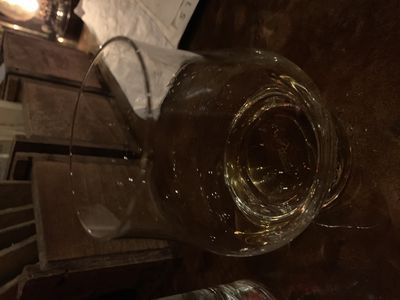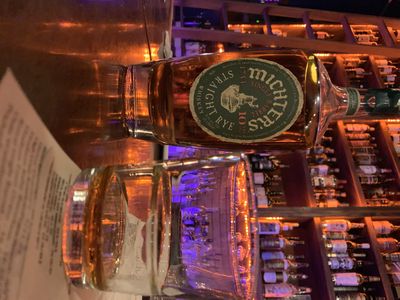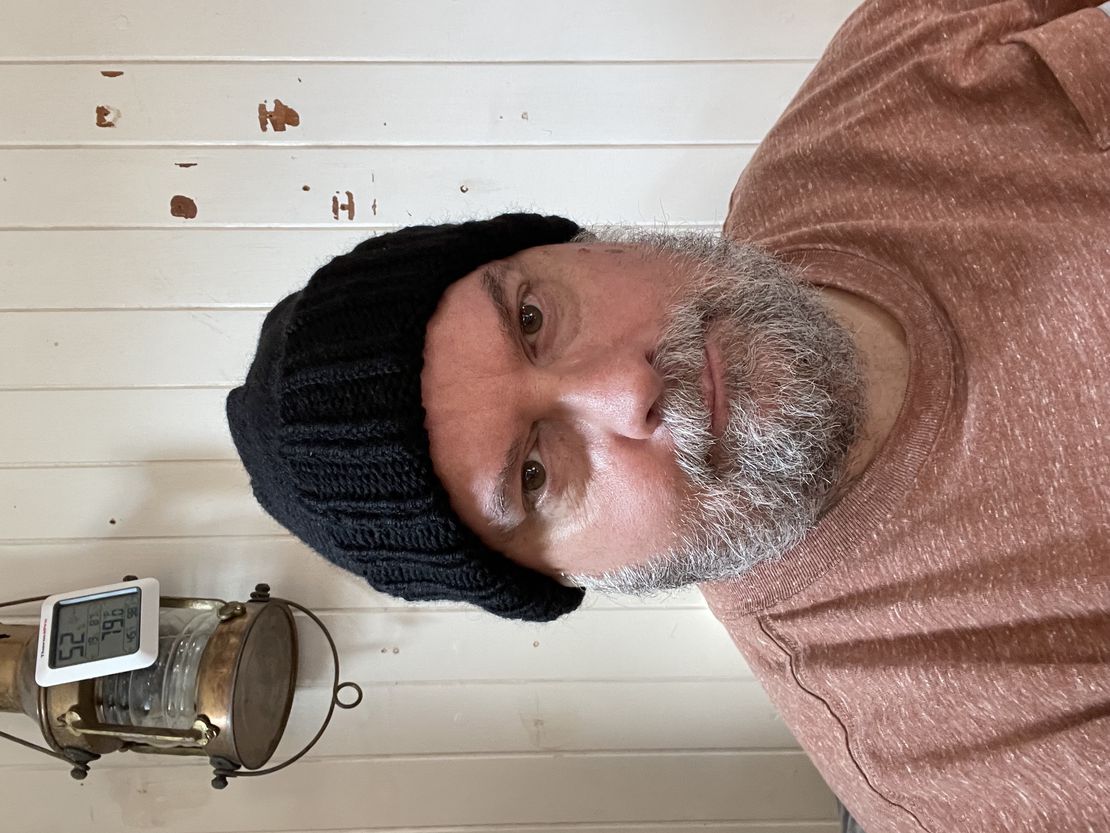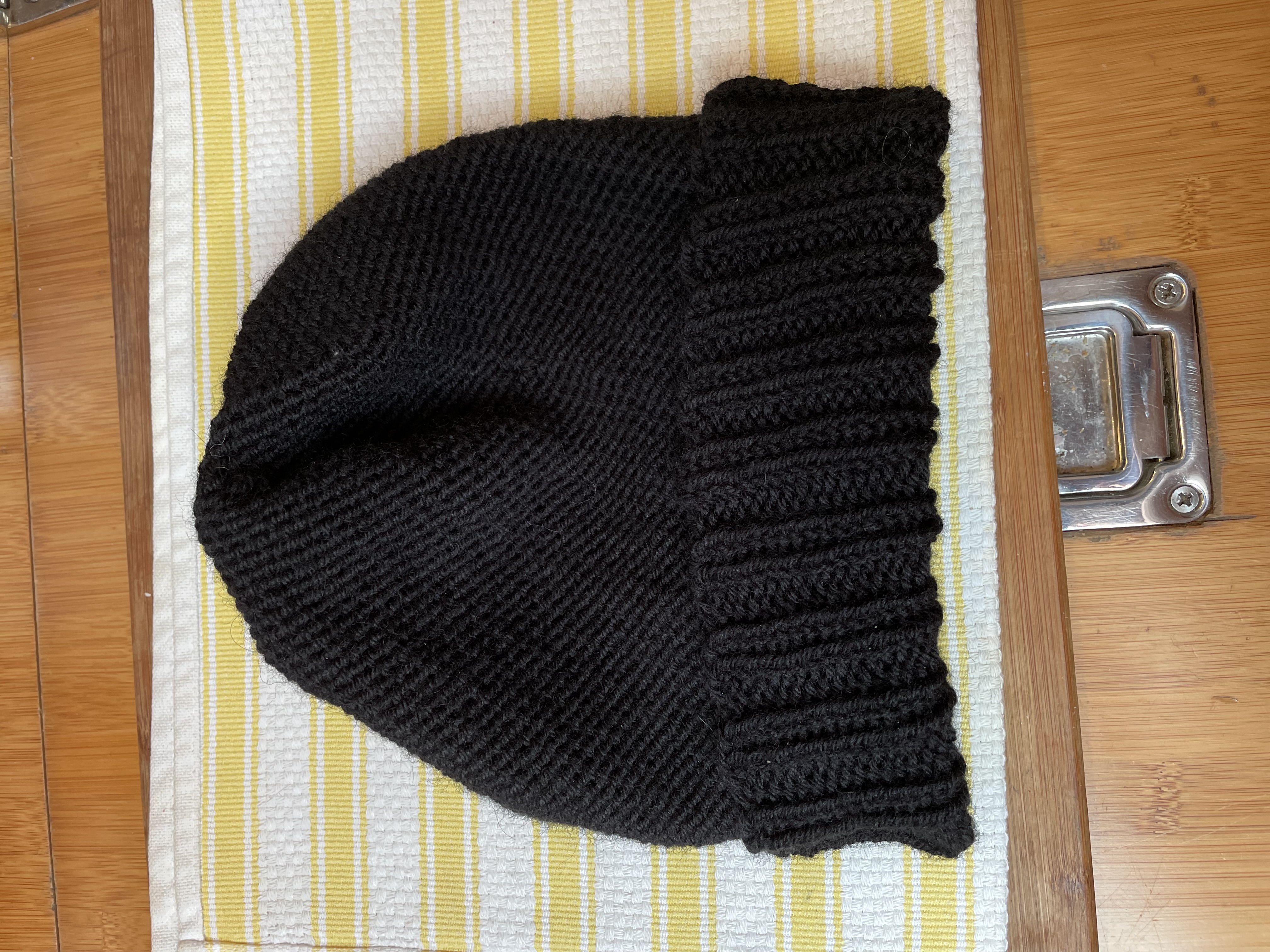
"Bokuru" by Jon C. Hall
- William Estep
- Club reading
- April 25, 2009
Table of Contents
Reviewer: bardsandsages
“Bokuru” by Jon C. Hall
When a prominent archeologist’s mysterious death is quickly ruled a suicide, trial attorney and amateur archeologist Jim Henderson is hired to go to Africa and investigate. What seems to be a museum simply trying to make sure it can collect on a life insurance policy soon turns into a dangerous mystery involving missing relics, native legends, and hints at the very origins of humanity.
Jon C. Hall’s novel, Bokuru is a well developed and researched thriller surrounding an African archeological dig. The author’s attention to detail is evident from the opening paragraph:
Out on the broad African savannah, vultures pecked noisily at the remains of an abandoned kill that lay on the top of the bank of a small stream. To the south, a distant rumbling grew louder as a giant cloud of dust loomed ever closer, slowing blotting out the horizon. The vultures gave a last stab at the carcass, and then rose seeking escape on a thermal updraft.
There are plenty of twists, turns, innuendos, dead ends, and surprises to keep the most die-hard mystery fan happy. The more Henderson delves into the mystery of Dr. Bronston’s death and the truth behind his excavation dig discoveries, the more the reader gets pulled into a plot that grows more and more complex without growing convoluted.
The one flaw in the work is in the dialogue. Though the dialogue itself is believable, the individual characters sometimes run together. With the exception of Henderson, the true voices of the various characters never really develop. This is a particular distraction with Nancy Bronston, Dr. Bronston’s daughter and an executive at the museum that sponsored her father’s dig. We first meet Nancy at the cemetery at her father’s funeral. Her emotions seem stiff and too businesslike, considering the circumstances, and I never really felt much for the character. There are also occasions in the dialogue where the author seems to more be making political points instead of moving the story forward. Fortunately, the tale itself is strong enough to keep the reader reading.
Published posthumously, this would have been the author’s debut novel. It is, indeed, a strong debut and one to be proud of. Hall’s sister Barbara, who worked with her brother on researching the book and served as his editor, is to be commended for ensuring that readers have the opportunity to read her brother’s work.


